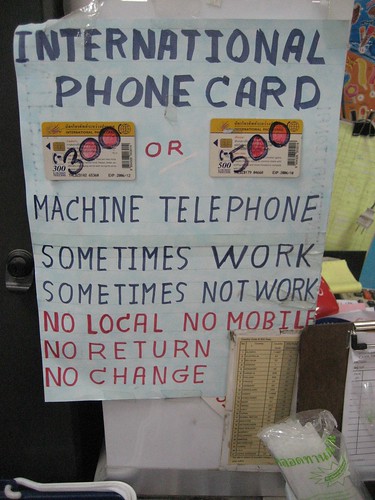So what’s this site about?
This site is about exploring the big wide web and discovering cool little things, novelle ideas, as well as ways and means of making our lives better. It focuses a lot on making money on the internet because I think it is about time us Kenyans got into this in a BIG way.
I know a little about this topic, and I am burning to share it with you. Why don’t you tell me what you need to know, so that I can write about it for your benefit? It’s super easy, you see. At the end of every article on this site, you can leave comments. It’s an easy way of seeking clarification. Why don’t you try it?
Alternatively, go here, or email me: chapaa[at]likechapaa.com (replace [at] with @)

 I was at a bank today, one of the nice big ones (the mighty KCB, in fact). Guess what? I was in line for a hole hour and, get this, there were only two people ahead of me in the queue! The lady who was serving us kept disappearing into some back room for long stretches of time. God knows why!
I was at a bank today, one of the nice big ones (the mighty KCB, in fact). Guess what? I was in line for a hole hour and, get this, there were only two people ahead of me in the queue! The lady who was serving us kept disappearing into some back room for long stretches of time. God knows why! How many people do you know who really love what they do? How many people would keep on doing what they do even if there was no pay? I bet there aren’t so many such people, are there?
How many people do you know who really love what they do? How many people would keep on doing what they do even if there was no pay? I bet there aren’t so many such people, are there?